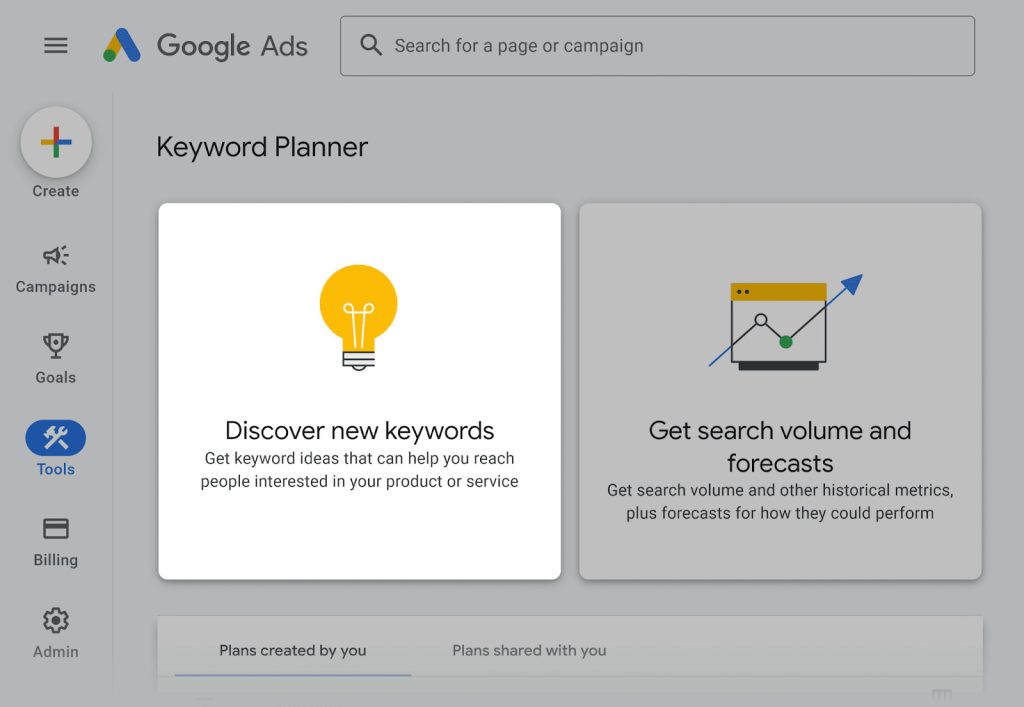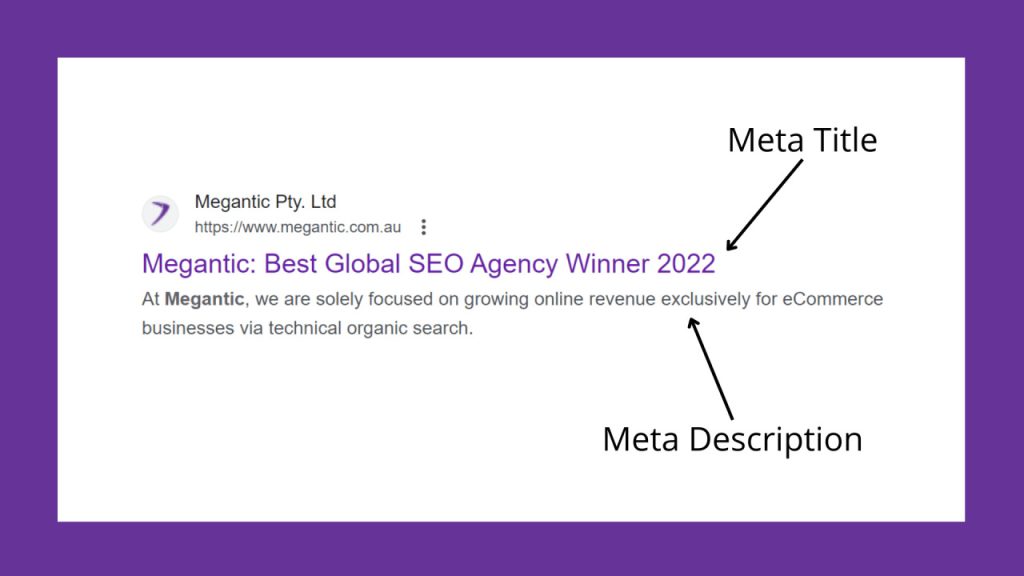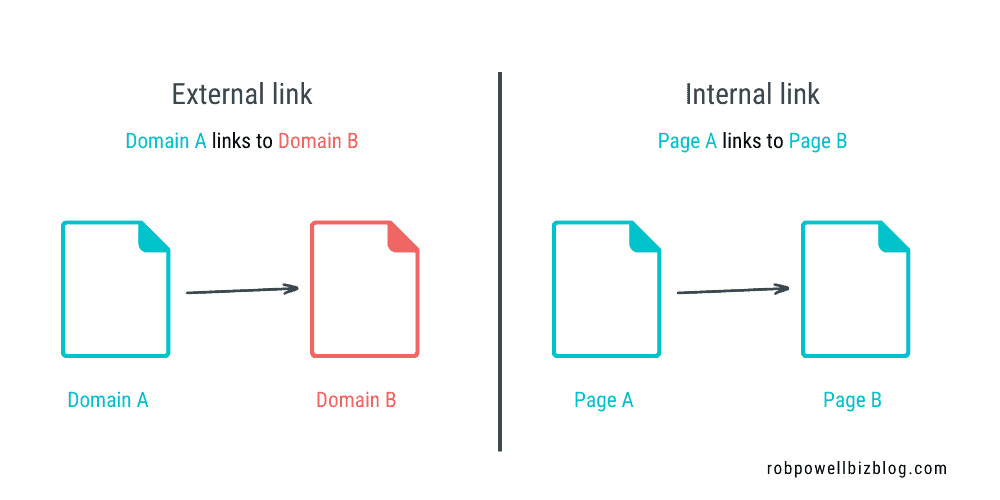SEO writing is essential for creating content that captivates readers and ranks highly on search engines. In today’s competitive digital landscape, it’s not enough to simply write well; your content must be optimised to meet search engine criteria. By focusing on SEO writing, you can increase your content’s visibility, drive organic traffic, and ultimately boost your content score, which is a key factor in achieving higher rankings on search engines like Google.
In this article, we’ll share five crucial SEO writing tips to help you optimise your content and enhance its performance. Whether you’re a blogger, marketer, or business owner, these tips will guide you in crafting engaging, keyword-optimised content that aligns with both user intent and SEO best practices. From keyword research to improving readability and page load speed, these strategies are designed to maximise your content’s potential and help you succeed in the digital space. Let’s dive in and boost your content score for better search engine rankings!
Table of Contents
What Is SEO Writing

SEO writing is the process of crafting content that is specifically tailored to meet search engine requirements while also delivering value and engagement to readers. It goes beyond simply adding keywords to your text; SEO writing focuses on producing content that resonates with both search engine algorithms and user intent. This means creating content that ranks highly on search engine results pages (SERPs) and provides relevant, informative, and engaging material that keeps readers interested.
The primary goal of SEO writing is to generate high-quality content that attracts organic traffic, increases visibility, and ultimately converts visitors into customers, subscribers, or followers. By understanding the principles of SEO writing, you can effectively optimise your content to rank better, drive traffic, and achieve your business or personal content goals.
Why Is Content Score Important In SEO Writing?

Your content score is vital because it directly impacts how your content performs on search engines. A high content score signals to search engines that your content is well-optimised, making it more likely to appear in relevant search results. Search engines assess several factors, including keyword usage, readability, relevance, and user engagement, to determine the quality of your content. Enhancing your content score ensures that your pages are visible and accessible to your target audience.
Improving your content score boosts your chances of ranking higher in search results, which can lead to increased organic traffic and better conversion rates. Content that performs well in terms of SEO will attract more visitors, keeping them engaged with valuable, relevant information. Optimising your content score ultimately helps you reach a larger audience, build trust, and drive meaningful results for your business or goals.
5 SEO Writing Tips to Boost Your Content Score

Learn how to create content that ranks higher on search engines with these essential SEO writing tips. From keyword research to optimising meta tags, these strategies will help improve your content score and drive organic traffic to your site.
1. Write with Your Audience in Mind

To make your content truly effective, it’s essential to write with your target audience in mind. Consider their needs, questions, and interests, then tailor your content to provide relevant, helpful answers. Engaging your audience in a way that speaks directly to them will encourage interaction and keep readers on your page longer. This satisfies user intent and signals to search engines that your content is valuable, contributing to a better content score and higher search rankings.
2. Conduct Thorough Keyword Research

Keyword research is the foundation of SEO writing, as it helps you identify the terms and phrases your audience is actively searching for. Using tools like Google Keyword Planner, SEMrush, or Ahrefs, you can find high-traffic keywords and their variations, along with long-tail keywords that are more specific and less competitive.
Focusing on the right keywords ensures that your content aligns with user search intent, increasing its discoverability and chances of ranking higher in search results. When your content is optimised with relevant keywords, search engines are more likely to consider it a valuable resource, which boosts your content score and enhances organic traffic.
3. Craft Engaging And Readable Content

While SEO writing is about optimisation, it’s equally important to create content that is enjoyable and easy to read for your audience. Clear, concise language, short paragraphs, and well-structured content make it easier for readers to consume information quickly. Incorporate subheadings, bullet points, and other formatting tools to improve the flow of your writing.
Engaging content keeps readers on your page longer, reducing bounce rates and increasing user interaction. When readers are engaged and spend more time on your page, search engines interpret this as a positive signal, improving your content score and helping it rank better in search results.
4. Optimise Meta Tags And Descriptions

Meta tags, including title tags and meta descriptions, are essential in SEO writing. These elements give search engines crucial information about your content and help them understand its relevance. A well-crafted title tag should include relevant keywords and briefly describe the content of the page.
Likewise, a compelling meta description can significantly improve your click-through rate (CTR) from search results. By optimising your meta tags and descriptions, you provide both search engines and potential readers with a clear preview of what your page offers, improving its chances of being clicked and boosting your content score.
5. Use Internal And External Links Strategically

Linking is important in SEO writing because it adds value to your content and improves its authority. Internal links direct visitors to other pages on your website, helping them find more relevant content and encouraging them to explore further. External links to authoritative, trusted websites can also enhance your content’s credibility and provide additional context. By strategically placing internal and external links, you improve the structure of your content and increase the time users spend on your site, contributing to a better content score and higher rankings in search results.
Conclusion
Mastering SEO writing is an ongoing journey of refining your content to meet both search engine requirements and your audience’s needs. You can significantly enhance your content’s performance by applying these five key tips—conducting effective keyword research, crafting engaging content, optimising meta tags, using strategic links, and ensuring mobile-friendliness and fast load times. High-quality, well-optimized content doesn’t just rank better; it also keeps your readers engaged and coming back for more.
Want to see real results for your business? Let Newnormz help you unlock the full potential of SEO. Whether you need expert support or are looking for actionable tips, check out our latest SEO articles about the best SEO agencies in Malaysia and essential strategies for higher rankings that can help you start your journey toward online success today!
Frequently Asked Questions
1. What makes SEO writing different from regular writing?
SEO writing differs from regular writing in its focus on optimising content to rank well in search engines while remaining engaging for readers. Regular writing prioritises creativity and readability, but SEO writing involves strategically integrating keywords, optimising meta tags, and aligning content with user intent. SEO writing ensures that your content reaches the intended audience by appearing in relevant search engine results. It’s a balancing act between appealing to search engine algorithms and creating valuable, high-quality content that keeps your readers interested.
2. Can I Rank High Without Using Meta Tags?
While it’s possible to rank without optimising meta tags, they play a significant role in improving click-through rates and helping search engines understand your content. A well-crafted meta title and description can boost your content’s visibility and appeal to users.
3. How often should keywords appear in SEO content?
Keywords should be used naturally and strategically throughout your content. Avoid overstuffing, as it can harm readability and result in penalties from search engines. A good approach is to include keywords in key areas such as the title, headings, meta description, and the first 100 words of your content. Sprinkle them evenly throughout the text, focusing on maintaining a conversational and engaging tone. Keyword density isn’t as important as context, so use variations like long-tail keywords and synonyms to ensure the flow remains natural while boosting your content’s SEO value.
4. Why is user experience important in SEO writing?
User experience (UX) is essential in SEO writing because it directly impacts how visitors interact with your site. If users find your content difficult to read, navigate, or access on mobile devices, they are more likely to leave, increasing your bounce rate and lowering rankings. Elements like clear formatting, fast load times, and mobile-friendliness create a positive experience that engages users. Search engines, such as Google, consider UX factors when ranking websites. By prioritising UX in your SEO writing, you enhance both the reader’s satisfaction and your search engine visibility.
5. Can images and videos improve my SEO writing?
Absolutely! Visual elements like images, videos, and infographics make your content more engaging, which increases the time visitors spend on your page. Search engines interpret this as a sign of high-quality content. To maximise the SEO benefits, ensure all visual elements are optimised. Use descriptive and keyword-rich alt texts for images, compress file sizes to avoid slow loading times, and include video transcripts when possible. These practices boost your rankings in search engine results and make your content more appealing and shareable on social media platforms, further driving traffic to your site.






